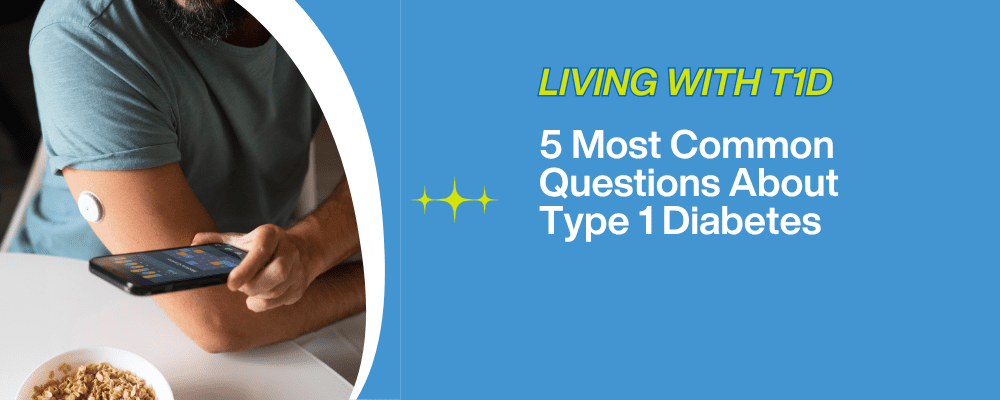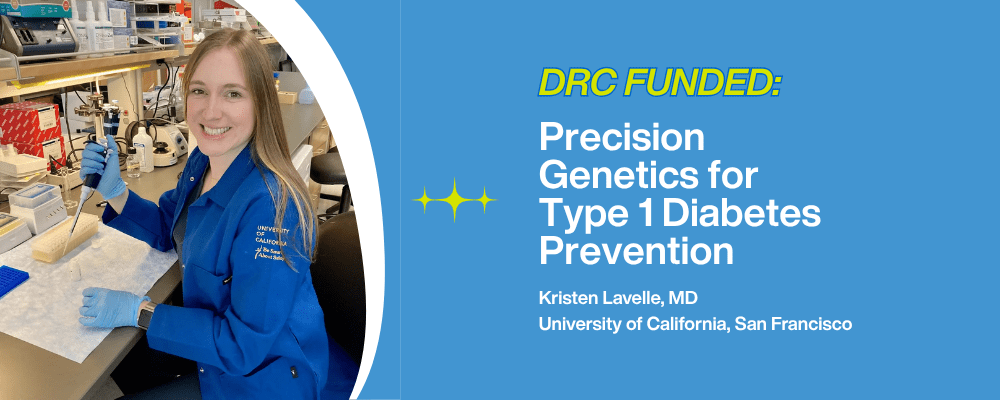Although the coronavirus pandemic has disrupted all Americans’ lives, it has been especially challenging for individuals with chronic conditions such as type 1 diabetes. According to the American Diabetes Association, more than 122 million people in the United States have diabetes or pre-diabetes. Access to healthcare, health insurance, medication/medical supplies, and nutritious food is critical, yet many of these people struggle in these areas.
As the pandemic has inundated the United States, it has presented significant hardships for individuals living with type 1 diabetes, type 2 diabetes, and pre-diabetes. A recent study conducted by the American Diabetes Association in partnership with Thrivable and the Diabetes Daily community shows just how profound the impact has been on this population.
With the loss of jobs, insurance coverage, and income, many individuals have difficulty paying for necessary medications and medical supplies to manage their diabetes health. They are struggling with food insecurity, unable to access the type and quantity of food needed to keep their blood sugar under control. They have delayed medical appointments because they do not have insurance coverage or are scared about potential exposure to COVID-19.
All of these circumstances can put their diabetes health at risk. Being unable to manage their diabetes now effectively can have a lasting impact in the future. It also puts individuals at greater risk for complications from COVID-19 should they contract the virus. Tracey D. Brown, CEO of the American Diabetes Association, notes that “as many as 40 percent of the COVID fatalities – 120,000 Americans – have been people with diabetes.”
Of those surveyed, 43% have delayed routine medical care for fear of exposure to the virus, and 15% of those with continuous glucose monitors (CGM) or insulin pumps have put off refilling their supplies, with 70% reporting that it is due to financial hardships. Twelve percent of respondents have lost their health insurance since the start of the pandemic, and of those, 13% continue to be uninsured.
Access to food is another major problem. Facing financial constraints, many people have had to rely on food banks for food. Options there are limited and not always the most effective for managing diabetes. The study found that “1 in 5 say they aren’t able to eat as frequently as they need to manage their diabetes effectively,” and nearly as many said they have been forced to choose between buying food and buying medical supplies or medications for their diabetes.
On a positive note, many individuals with diabetes (37%) are open to getting the vaccine immediately once it becomes available to them. In addition, there has been a drastic increase in the number of individuals with diabetes using telemedicine as a way to help manage their health. However, this does not negate the serious challenges this pandemic has presented and the fact that the effects could last for years to come. In turn, this could strain the healthcare system in the future.
Researchers continue to learn more about COVID-19 every day, and more work is being done to understand its impact on at-risk populations such as those with type 1 diabetes. The Diabetes Research Connection, though not involved with this study, is committed to providing critical funding for early-career scientists pursuing projects related to type 1 diabetes. These efforts drive work toward improving diagnosis, treatment, management, and prevention of the disease, enhancing the quality of life, and moving closer to a cure. To learn more about current projects or support these efforts, visit http://localhost/drc.
Please DONATE NOW so DRC can keep bringing you credible, peer-reviewed T1D news and research.
Thank you




